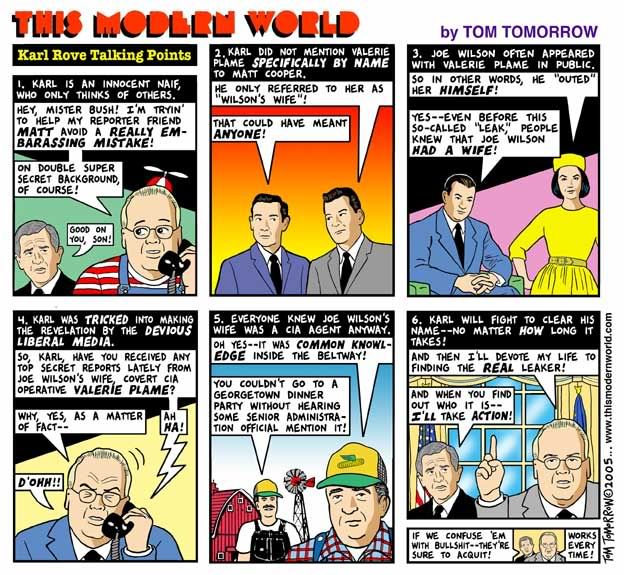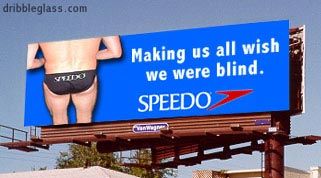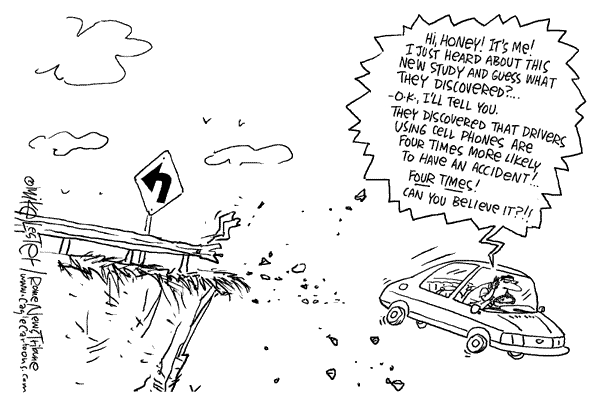Quest For a Teaching Job

A Teacher and his Pupil by Claude Lefebvre
I'm still amazed at this process of getting the job that "unofficially" I now have. Well, let me try to explain this as finding a teaching job in the public school arena is unlike anything I've experienced anywhere else before. So what follows is my experience with getting a teaching job in the Rhode Island area, though my guess is that what I write about here is not unlike what you'd find in many other school districts throughout the country.
First you have to go through the process of applying for the job. I actually got quite good at this as I was able to process an application in about 30 to 60 mins so long as I wasn't being asked for odd things (more to follow) --- mostly everyone wanted the same documents, and you soon find yourself putting together files with those things in them to quickly extract items when required. From there it's a simple matter of fine tuning your cover letter which with Word shouldn't take more than 15 mins. I'd quickly scan the resume to be sure it's copasetic, and bingo, stuff it all into a large mailer and truck it down to the P.O. the next day (actually in a few cases that same day.) The first one was the hardest to get together, after that it was a piece of cake.
I would have thought that the application process would be pretty much standard from district to district in the state --- wrong, hardly is that the case at all. In fact there's so much that isn't standard it stretches the mind. I'm inclined to believe that were there more standardization that some significant money could be saved, but instead the application process is simply a maze for prospective teachers to make their way through as one deals with the nuanced, and some not so nuanced, differences/requirements laid out by the various school districts. I already howled a bit about the application process in Providence way back in May. To get your application into the Providence school system so as to have them deign to look at it, you'll spend anywhere from $50 to $100 depending on whether you've paid for state and national background checks before (and they're within the time frame Providence is asking for), had a TB test, a test for hepatitis, and then the usual stuff with "official" transcripts (most school districts will take copies, figuring that if they need "official" anything you'll be able to produce them readily enough), references, etc. I'm not sure why Providence is so concerned about TB and hepatitis carriers BEFORE they offer a job (maybe to protect the interview committee? I hadn't thought of that --- how progressive!), but you're out big bucks just to get your application in the door.
Every school I was interviewed at started off wanting my copies, vice "official" copies, of what I had, no one asked for any medical information (note: to do student teaching you have to have had a TB test, and in all honesty I have no clue yet what will be expected of me before I start actually working), and some had an official application to fill in (usually about four pages in length) or simply wanted a letter of introduction from me to accompany the packet I sent in. Needless to say I didn't bother to apply to the Providence school district as my reaction to their ridiculous requirements was, "If they're making it that hard just for me to get my application in the door, how hard will they make my life in general as a teacher? No, I don't need this, not when I can apply for a job next to free in most other places in the state." Yes, Providence pays you more to work there, though that is actually more a gauge of how much more aggravation you can expect to incur for the privilege than it is their doing you the honor of recognizing and rewarding you for the difficulties inherent with your profession. Mind you, I could afford to be selective, I'm teaching chemistry and I've found that I'm a limited commodity, thank God.
Once past the application submission you're hopefully at some point called in for an interview, which will be with some form of school committee. At this point I've gone through six of these so I've some experience to pull from that I can report on. The "committee" composition is anyone's guess, though it's to be expected that at a minimum you'll be talking to the department head for the subject you'll be teaching. One exception to that in my case, in fact my very first interview for a job which easily turned into the most unusual one, was at a charter school where the only person I talked to was the "co-principal". Let me linger on this experience a bit.
There were many interesting things about the charter school, being interviewed by a co-principal merely started the ball rolling. Prior to this I had some volunteer experience at a charter school in Providence. That school was run much like any other school I had visited during my training as a teacher, though there certainly seemed to be more discipline and follow-up directed at the students, in addition to the fact that all the students had to wear uniforms. This school was in an underprivileged part of the city and many of the kids there had failed in more traditional learning venues. As it turns out the school I was interviewing at and the one where I volunteered were serving very similar clienteles. On the whole, though, there was nothing about the school that I volunteered at that made me think I was off in another universe, in fact it seemed very much like the Catholic school I went to when I was a boy.
I assumed that being interviewed at a charter school would open me up for an interesting adventure in education; I wasn't to be disappointed. What took my breath away was being informed that there are times when teachers may find themselves taking students to doctor appointments because otherwise the students would have no other way of getting to them. Oh, I forgot, sometimes teachers will use their own cars to chauffeur the students to those appointments. Let me tell you, if there's one thing I've been consistently warned of it's keeping a professional distance between yourself and your students, never (except in emergency situations and then do so with extreme caution) introducing them into your "personal space" (i.e. your car, home, or anything else that would be deemed "personal"), and surely you don't ever put yourself in the situation of acting as their surrogate parent, to wit: going with them to a doctor's appointment. The co-principal noted the look of surprise on my face and proceeded to give a very reasoned and logical reason for why this sort of thing is necessary, while avoiding addressing the potentially substantial risks doing this could put on the teacher --- the possibilities are mind bending, but let's just take something relatively easy, like explaining to your insurance company how you got into a fender bender where the student was hurt while shuttling him/her in your car to the doctor. I was told that it wasn't a mandatory thing, but somehow it seemed to me that if you're working at a place where the head of the school thinks this is fine, and apparently had done this themselves, not doing it would likely not sit well with your colleagues who thought this was just part of the learning experience and service for all concerned.
If impromptu chauffeuring responsibilities hadn't done in any desire I had for the privilege of teaching in a non-union charter school, then being shown the fenced-in and abandoned oil storage tanks located behind the school was the coup de grace. The tanks had something of a lurid history as this was recently where a rather significant mercury spill had occurred, with the story making it into the local paper in a big way. The clean up was no small thing and apparently cost the local taxpayers a pretty penny. That by itself didn't necessarily attract my dismay, rather being informed by the co-principal that the area surrounding the tanks involved a recent school community project involving students scampering over the property to determine what sort of hazard the tanks presented to the river located below it - THIS got my attention. Now I think community projects are great, honestly I do, but I always thought that they should be the kind that don't potentially endanger students AND for which the students and the teacher-in-charge have some measure of expertise. But this is charter school land, what the heck do I know?
Ok, the charter school interview was a unique experience, the other interviews were pretty much straight forward and similar. Everywhere else I found myself interviewed by the head of the department, usually one other teacher from the department, and the vice principal, though once a principal sat in (this was at an interview where there was a physics and history teacher, the head of the department, the school librarian, AND the principal), and in the other case I was interviewed by the head of the department and the school's guidance counselor --- this latter interview, primarily because I was interviewed by the guidance counselor, put me a bit off as I sat there wondering what guidance counselors know about chemistry and why should this be a committee of just two, the smallest I'd experienced at that point other than at the charter school.
One thing that I hadn't expected, in fact no one ever warned me about this one, came from the interview with the principal, et al. We were done with the interview and as near as I could tell things had gone well - the verdict is still out on this interview as far as the job is concerned inasmuch as I haven't heard back from them yet, but it's only been a week. Anyway, all's done, I'm getting ready to head home and the principal says, "Oh, there's one more thing I need, a writing sample." A writing sample? That was interesting. She took me to a room with a computer in it, brought up Word, and handed me a piece of paper with a part of the school's mission statement on it. She wanted me to write something about that detailed how I would work to make what was written on the paper a part of the learning experience for the students in my classes.
Questions from the school committee don't tend to be surprising, at least they shouldn't be. I was hit with mostly situational questions, like: What would you do if you were near two students starting to get into a fight with each other? How would you deal with different learning styles in the classroom? What sort of metrics do you use to evaluate your students? How would you deal with parents? General questions: What makes you the best candidate for this job? What from your life experiences can you bring to this job? What sort of extracurricular activities are you interested in being involved in? What do you think of teacher participation in dances and field trips? It was actually an interesting experience as I learned to go slow (not too slow, just slow enough to gather my thoughts) in answering questions lobbed at me, remembering to look at the person who asked the question as much as possible and otherwise periodically scanning everyone else as I answered, and always working to hook whatever I was answering to some "larger" educational concept/issue --- throw into the response something about standards, metrics, No Child Left Behind, differentiated learning/instruction, inquiry-based learning, or technology in the classroom and invariably you got a positive nod and slight smile; enough nods you pretty soon had a good idea how well the interview was going. I should also state that at no time, with any of the schools, was I ever asked a question that I thought was inappropriate or otherwise out of line.
In spite of being warned (the "warnings" I allude to here and below were all ones I had heard while in the certification program I was in --- we heard this from teachers and guest lecturers, like superintendents, who came in to talk to us) that I should have my teacher portfolio with me during my interviews; no one asked for it or even so much as mentioned it at the school committee level. For those not in the know, you compile a portfolio of the things you did during your teacher certification process. These "things" meet specific new teacher standards laid out by the Rhode Island Department of Education (RIDE), and after two years (I'd assume this is about the average time for certification in this state) you can imagine how much "stuff" accumulates in your portfolio --- in my case it filled two three-ring binders. I got smart, thankfully my lovely wife had bought me a multi-function printer which included a scanner, so ALL of my portfolio "stuff" is on a CD, taking up some 300 plus Mb of disk space.
If you're approved by the school committee you're about 90% of the way in the door; it's not a sure thing yet. You don't find out that day if they want you, it will likely be a week or more before you do and in some cases you may find yourself being asked to come work for the school after someone else declined or was otherwise unsuitable for the job. Unsuitable turns out to be anything from problems with a background check or something amiss in the credentials of the prospective teacher. A flat out decline is more likely to be the case as no prospective teacher in the job search process is being interviewed by just one school, and if the teacher has their act together they're not apt to put themselves up for a job where they're going to have a problem with credentials.
Next is your interview with the school principal. Here my experience is reduced to one as I've only allowed this process to go this far with just one school (so long as you don't count the interview with the "co-principal" and where the principal sat in to with the school committee.) Mind you, I didn't stop interviewing as I thought this was the smart thing to do if for any reason the job I was "offered" indeed didn't pan out, or otherwise something outstanding happened to come my way before I signed a contract (though it's anyone's guess what I would do if something great came my way after signing a contract --- frankly I hope not to have to deal with this dilemma and the truth is I pretty much feel that I have a pretty good deal in front of me right now.) I indeed was offered another job after I was offered the one where I now expect/hope to work. It turned out that the school that offered me the second job moved a lot faster (basically in 2 days) than I'd ever seen any school move before, so this took me by surprise and I had to turn them down.
For the interview with the principal here, too, I was warned to bring my portfolio. Again the trusty CD was with me; once again, a wasted effort. Oh well ... that's fine, the portfolio is not that exciting to look at and frankly far too much of it in my mind is hardly germane to anything a school would be interested in seeing (by the by, do you think that may be the reason why no one asks for it? God, maybe there is some common sense lingering in this world somewhere? One can but hope ...) At this point it's a general chitchat with the principal, though in my case I also happened to have the new vice-principal on hand. He was new to the school, but as it turned out not new to me --- he was the vice principal at the high school I student taught at the previous semester and we got along well enough (actually I don't think we ever said ten words to each other, but all he knew was that I wasn't sending bus loads of students to his door to deal with for one reason or another and in his book that must have meant we got along --- if I have no complaints, and I don't, and he didn't, we got along as far as I'm concerned.) Bottom line, I suspect that this is more for the principal to know your face than anything else as we didn't get into anywhere near the depth I found myself wallowing through with the school committee interview. Frankly in my view this is how it should be, i.e. the principal should be able to trust his teachers, who'll have to work with this new person, to pick what they feel is the best candidate and as far as he/she is concerned his part of the interview process should be, "Ok, let me make sure I know what this person looks like" sort of meeting. In this case when he nodded his head yes after about ten minutes he informed me that the next step is to be interviewed by the school superintendent, and from there I'm voted on by the school district committee.
So next is the superintendent meeting, and once again I've been warned that I should bring the portfolio with me. Piece of cake, but I can't help but wonder about all those poor souls who don't have scanners, which were it not for the generosity (it's really a nice gizmo all in all) of a wonderful wife included yours truly until last Christmas, and who're out there lugging two large three ring binders with them in the July heat, unless of course they're asking in advance, "Do you want to see this?" As for the interview, I showed up 15 minutes early, the superintendent was just finishing up a meeting which included my soon-to-be principal and some others, and 5 mins later we're in his office. By 10:30, the scheduled time for the interview, I was in my car and on the way home with the words, "The school district will be voting on this next Wednesday, I don't see a problem, this is a good time for you to be at this school, welcome on board" ringing in my ears. Bottom line, I'll know by Thursday morning whether I'll have a job as, thankfully, my presence at the school committee meeting is not required.
So as I now see it this is a five step process:
1. Get an application and whatever associated extra documents are desired in.
2. Have the application, et al., favorably viewed.
3. Be interviewed by the school committee and successfully make it through that. An up check here and you're 90% of the way in.
4. Be positively interviewed by the principal. An up check here and you're 98 to 99% of the way in.
5. Be voted on by the district school committee. Once that happens it's all a matter of when you sign the contract.
How schools handle references and the miscellaneous paperwork associated with the application differs from school to school - you're surprised, right? To my knowledge only two schools called on references where I would have expected at least four of them to. The same goes for the "official" paperwork and the security checks. I'm assuming that this will even out right before I officially sign the paperwork, i.e. I'll have to produce pretty much what everyone expects at that point, but as of right now I don't know that. Regardless of how the schools handle it one needs to have these things handy, or ready to get them in short order (I didn't bother to order an official copy of my master's degree transcripts until I was offered a job, for example.) One's previous background may have something to do with what's expected as well, and in my case being a retired naval officer very likely doesn't hurt me and may provide me more latitude than would be rendered to the average person walking in off of the street.
That basically lays the whole thing out. I'm looking forward to getting this completed as I'd like
to get my feet wet at the school a bit in advance of the school year, which I should have more than ample opportunity to do. All in all an interesting process, one that thus far has given me a lot to think about and which, on the whole, has been something of a "growing" experience for me. Tune in later next week, I'll be sure to post whether I got the job or not as there's ALWAYS that small outside chance ... oh well, that's life.
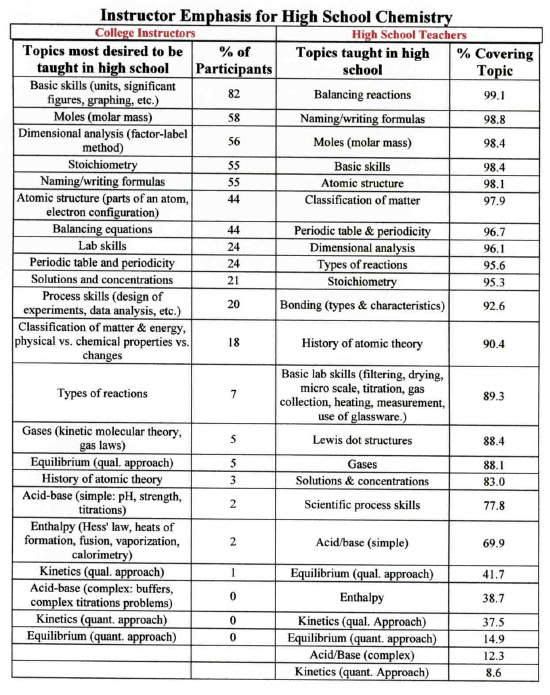
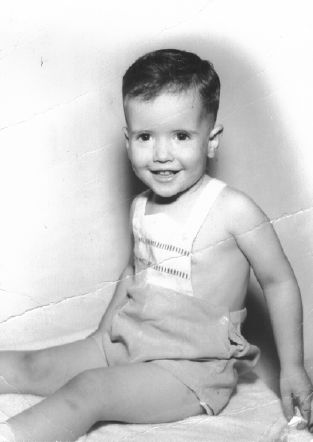


![[graph]](http://oregonstate.edu/instruct/anth484/minpov.jpg)



